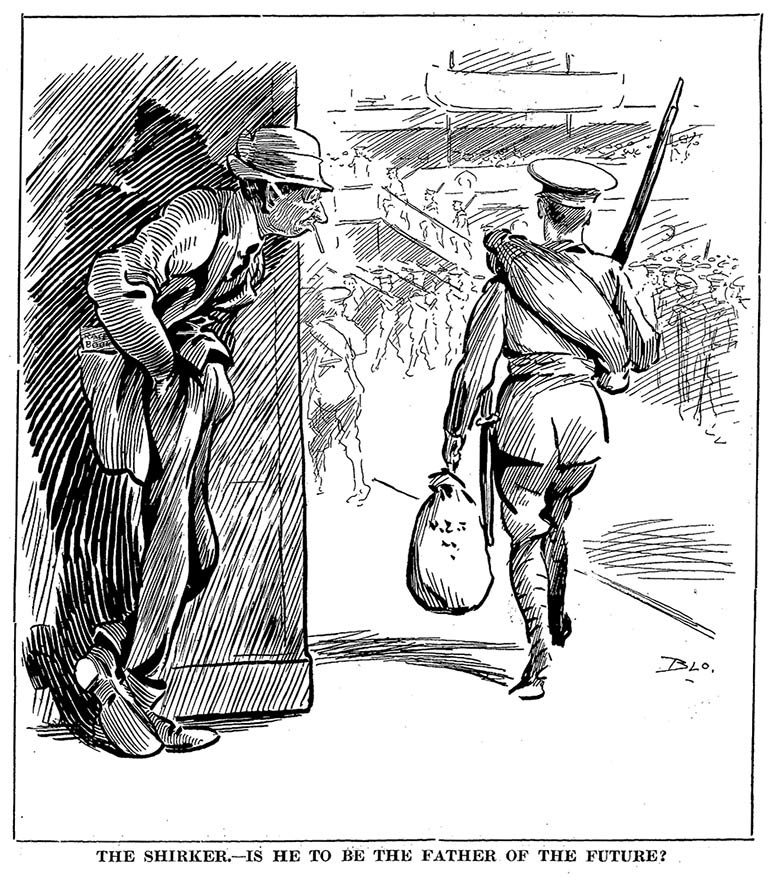
1/7 The great writer JG Ballard said that he believed in the power of imagination to change reality. Looking at images of Kanton Island, I wonder whether the place somehow escaped from Ballard's mind. 



2/7 As a kid Ballard watched the Japanese capture Shanghai's International Zone & destroy the Western society that had prospered there. His books are filled with images of ruined modernity: weedy swimming pools, crashed airplanes, gutted hotels. 



3/7 Kanton was uninhabited until the US & UK covered it in a runway, hangars, barracks, & hotels in the middle of the 20th C. Pan Am airways used the island as a stopover on trans-Pacific flights. Vice-president Nixon visited in '53, on his way to NZ. 

4/7 But as airplanes grew more powerful Canton was no longer needed. The planes & their glamorous travellers flew over the island. The hangars & hotels rusted & rotted. 



5/7 Kiribati became independent in 1979, & took Kanton from the US & UK. A few score settlers from the new state's overcrowded atolls arrived. Like characters in a Ballard story, they hunted & fished & cooked over open fires amidst the ruins. 

6/7 In 2010 a yacht stopped at the island, & found its inhabitants hungry. The Kiribati ship that supplied them with coconuts & flour had not called for months. The US Coast Guard made an emergency visit to Kanton. 

7/7 Today we watch TV shows & films about the end of the world, & hear dire predictions from climate scientists. As JG Ballard knew, tho, the world has ended many times. Like the young Ballard's Shanghai, Kanton is a post-apocalyptic zone. 

• • •
Missing some Tweet in this thread? You can try to
force a refresh



















